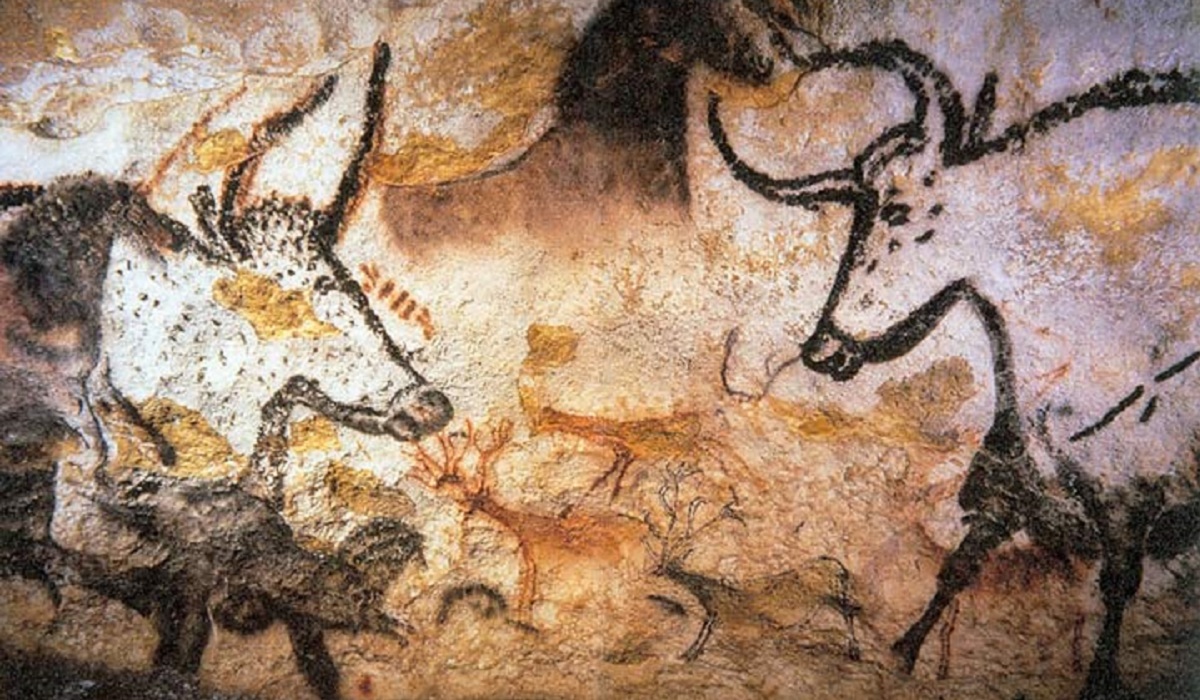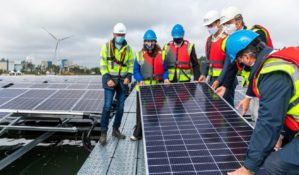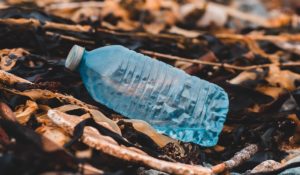The world’s largest database of good news and social change milestones from throughout human history
We are building the world’s largest database of social change milestones, from the first fire to today’s good news. Change is not only possible, it has happened consistently throughout human history. Filter by era, country, topic, actor, source, and more.
4612
change milestones archived
Filters
Search
Era
- Tomorrow (2025 C.E. - ???)
- Today (2017 C.E. - 2024 C.E.)
- Post-modernity (1945 - 2016 C.E.)
- Modernity (1500 - 1945 C.E.)
- Post-classical (500 - 1500 C.E.)
- Civilization (3000 B.C.E. - 500 C.E.)
- Agriculture (10000 - 3000 B.C.E.)
- Prehistory (250000 - 10000 B.C.E.)
Years
Topic
Country
Actor
Filters
Search
Era
- Tomorrow (2025 C.E. - ???)
- Today (2017 C.E. - 2024 C.E.)
- Post-modernity (1945 - 2016 C.E.)
- Modernity (1500 - 1945 C.E.)
- Post-classical (500 - 1500 C.E.)
- Civilization (3000 B.C.E. - 500 C.E.)
- Agriculture (10000 - 3000 B.C.E.)
- Prehistory (250000 - 10000 B.C.E.)
Year
Topics
Region
Countries
State/Province
Institution
Sources
-
2020 C.E. September 16
Google promises to operate using only carbon-free energy by 2030
Google plans to bridge the renewables gap at all its facilities with technological improvements such as overnight solar storage, improved logistics to transport the energy, and new renewable sources like geothermal reservoirs.
-
2020 C.E. September 16
First-ever floating solar power plant in Belgium begins operation
Floating PV NV installed a floating solar power plant on 5 hectares of lake at a cost of €2 million project. It includes 17,250 solar panels that are expected to produce 7 gigawatt-hours (GWh) of electricity per year, which is approximately how much 2,000 homes in the region use.
-
2020 C.E. September 16
UC Berkeley launches new center for psychedelic science and education
With $1.25 million in seed funding from an anonymous donor, the new UC Berkeley Center for the Science of Psychedelics will conduct research using psychedelics to investigate cognition, perception and emotion and their biological bases in the human brain.
-
2020 C.E. September 15
Air pollution falls in China after extensive efforts to reduce emissions
New research published by The Lancet and funded by the Bill & Melinda Gates Foundation and the China National Key Research and Development Program has found that annual deaths from air pollution in China are now below 1990 levels, having peaked in 2013.
-
2020 C.E. September 15
Connecticut targets lower income buyers with new clean vehicle subsidies
Connecticut’s CHEAPR pilot program is currently transitioning to a new version established under Public Act 19-117 which will offer rebates for both new and used electric vehicles.
-
2020 C.E. September 15
Up to 48 species saved from extinction by conservation efforts, study finds
The Iberian lynx, California condor and pygmy hog are among animals that would have disappeared without reintroduction programmes, zoo-based conservation and formal legal protections since 1993, research led by scientists at Newcastle University and BirdLife International found.
-
2020 C.E. September 14
New design uses huge 80-meter sails to reduce cargo shipping emissions by 90%
The Oceanbird is capable of transporting up to 7,000 cars at an average speed of 10 knots on a North Atlantic crossing. It's four colossal 80-meter (260-ft) high extendable wing sails promise to reduce emissions by as much as 90 percent.
-
2020 C.E. September 14
South Australia becomes first Australian state to ban single-use plastics
The law, which is expected to come into force in 2021, means that selling, supplying or distributing a “prohibited plastic product” will be illegal. The list of banned items includes plastic straws, cutlery, and drink stirrers, as well as polystyrene cups, bowls, plates, and clamshell containers.
-
2020 C.E. September 14
Two-thirds of Americans believe they have become a better person this year
The poll of 2,000 Americans looked at the positives changes to come from this challenging time. Results revealed 55% of respondents were embarrassed by some of the things they valued pre-quarantine, and the many months spent at home gave 70% a chance to learn more about themselves.
-
2020 C.E. September 11
Ghanaian government commissions university dedicated to sustainable development
The University of Environment and Sustainable Development (UESD) is the first university in the nation focused on teaching students about sustainability issues such as climate change and environmental protection.
-
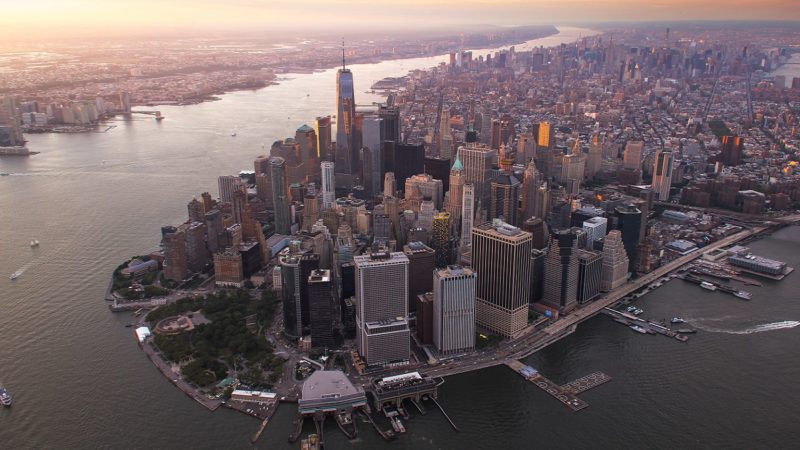 2020 C.E. October 19
2020 C.E. October 19New York City begins enforcing its plastic bag ban
The statewide ban on the highly polluting items actually went into effect March 1. But enforcement, which was supposed to start a month later, was delayed by the one-two punch of a lawsuit and the coronavirus pandemic, NY1 reported.
-
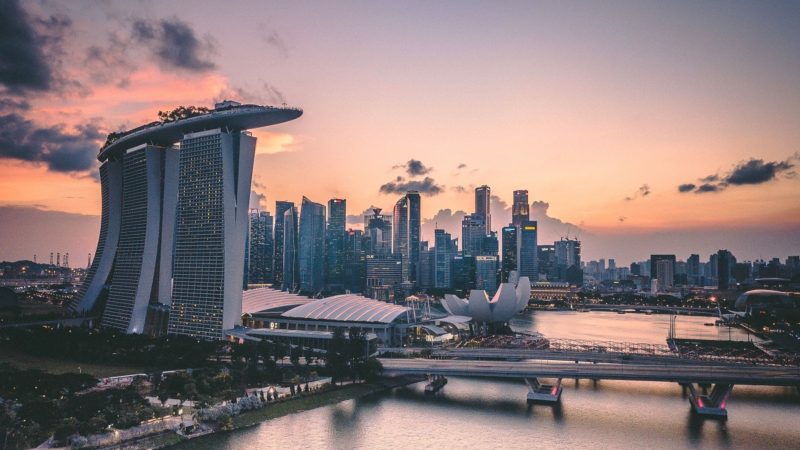 2020 C.E. October 19
2020 C.E. October 19Singapore to plant 1 million native trees
In an effort to restore Singapore’s once-rich mangrove forest ecosystems, the nation is embarking on a 1 million tree planting spree in hopes that they can save numerous bird, reptile, and tree species from extinction, and provide a ton of valuable ecosystem services.
-
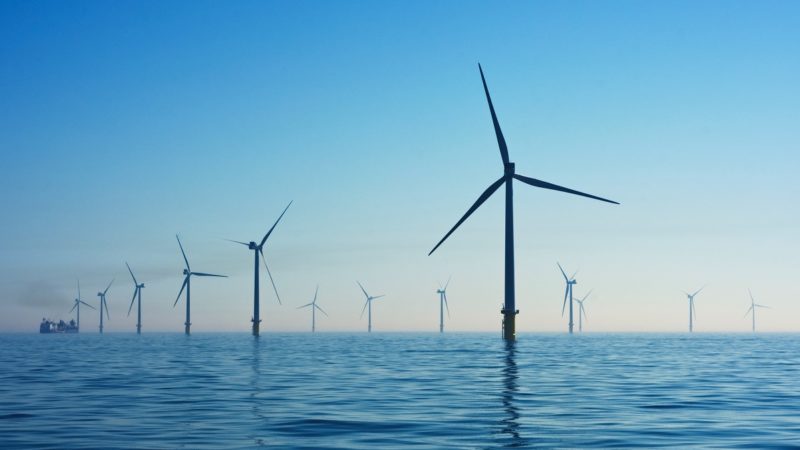 2020 C.E. October 19
2020 C.E. October 19Offshore wind grew 19% globally in 2019
Global installed offshore wind capacity reached 27,064 MW in 2019 — a 19% increase from the previous year. Industry analyst projections indicate that offshore wind costs will continue to decline globally over the next decade.
-
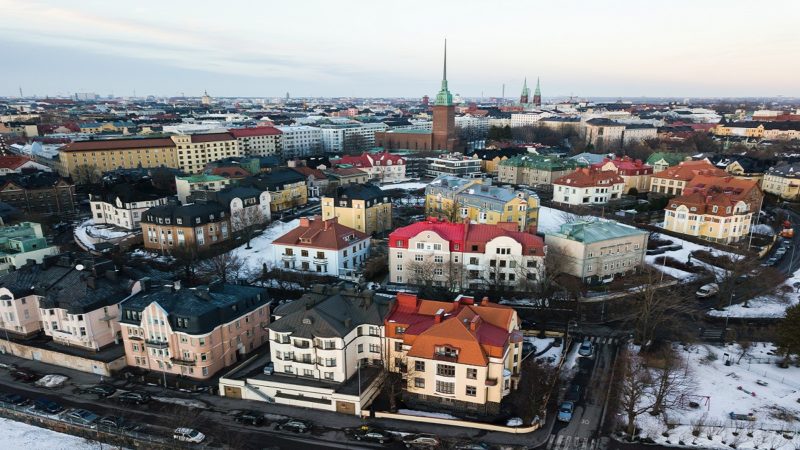 2020 C.E. October 16
2020 C.E. October 16Finland aims to reach carbon neutrality by 2035
Finland has communicated its long-term low greenhouse gas (GHG) emission development strategy (LEDS) to the UNFCCC. Finland’s LEDS charts scenarios and impact assessments to achieve its 2035 carbon neutrality target, and reviews longer-term emissions reduction and removal opportunities by 2050.
-
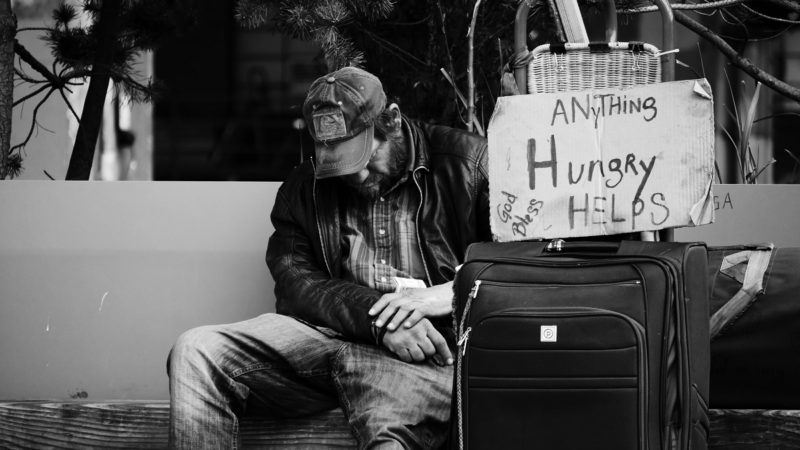 2020 C.E. October 16
2020 C.E. October 16Canadian experiment giving homeless people $7500 proves promising
The New Leaf project took 115 homeless people who were confirmed not to have serious mental or substance abuse problems, and put $7,500 in the pockets of 50 of them to see if they could turn their life around. One entire year later, most recipients still had $1,000 in savings and 67% were could still feed themselves every day.
-
 2020 C.E. October 16
2020 C.E. October 163 major U.K. retailers are banning glitter this Christmas over environmental concerns
Morrisons, Waitrose and John Lewis have all announced that their store brand holiday products will be glitter free for 2020, BBC News reported. The festive coating and arts-and-crafts staple is actually another type of microplastic.
-
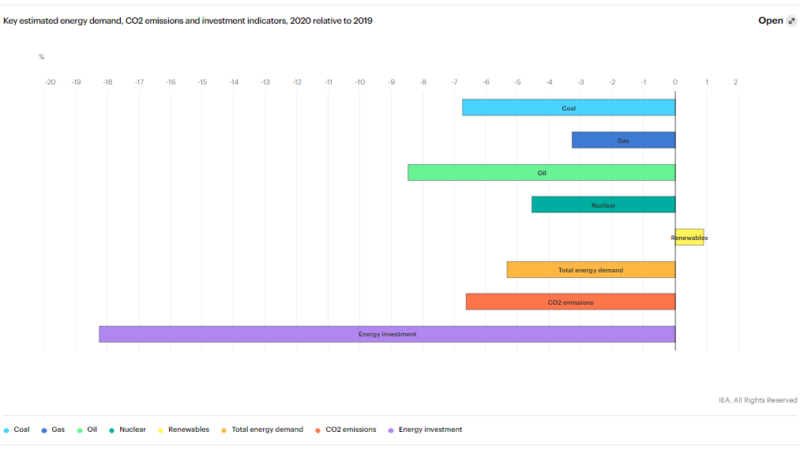 2020 C.E. October 15
2020 C.E. October 15Renewables are the only major power source to grow in 2020
In its annual World Energy Outlook, the International Energy Agency (IEA) reported that renewables are expected to overtake coal as the primary means of producing electricity by 2025.
-
 2020 C.E. October 15
2020 C.E. October 15Pride House Tokyo, the first-ever permanent LGBTQ center in Japan, opens in Tokyo
Their opening was an official part of the 2020 Tokyo Olympics’ Programme, making it the first “Pride House” officially recognized by the International Olympics Committee.
-
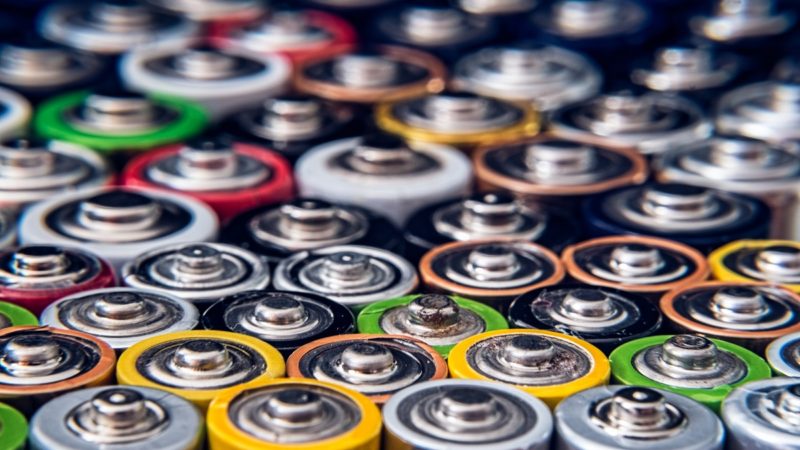 2020 C.E. October 15
2020 C.E. October 15“World’s fastest electrodes” triple the density of lithium batteries
Such an energy and power density boost could be revolutionary for electric cars, motorcycles, bikes, and other emerging ground transport modes, as well as a huge potential leap forward for the electric aviation space.
-
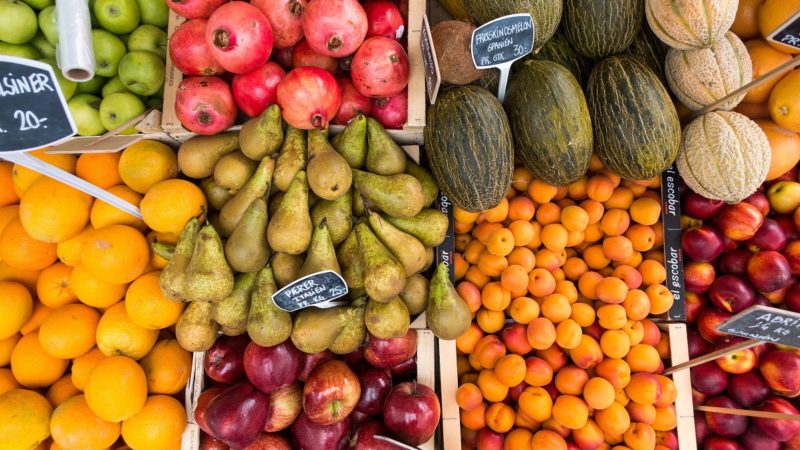 2020 C.E. October 14
2020 C.E. October 14Swedish grocery store prices items based on their carbon footprint
Felix, a Swedish food brand, has opened a climate-conscious store that will guide buyers to make informed decisions when purchasing food items. In the newly opened store, items are priced based on their carbon footprint.
